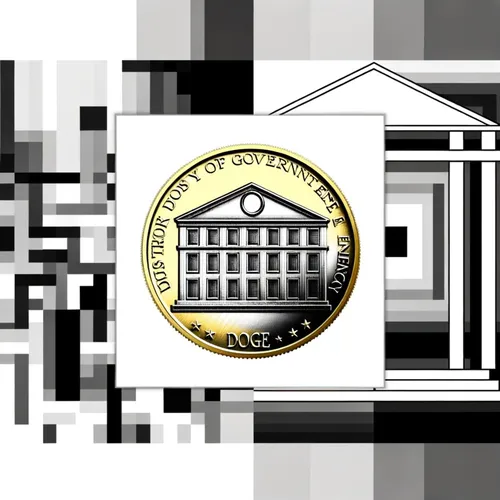DOGE Agenda Sparks Controversy: Inside Trumps Bold Plan to Revolutionize Government Efficiency and Technology
- Author
- Quiet. Please
- Published
- Sat 03 May 2025
- Episode Link
- https://www.spreaker.com/episode/doge-agenda-sparks-controversy-inside-trumps-bold-plan-to-revolutionize-government-efficiency-and-technology--65885531
Gov Efficiency: DOGE Coin of Bureaucracy?
The Department of Government Efficiency, known as DOGE, has been making waves in federal administration since its establishment by executive order in January 2025. As of late April, DOGE claims to have saved American taxpayers a staggering $160 billion, though independent analysis suggests these savings may have cost taxpayers $135 billion[3]. Most recently, the IRS component of DOGE successfully saved $2 billion by eliminating wasteful contracts, such as auto-renewed licenses that had gone unused for years[1].
Created to implement the President's DOGE Agenda through modernizing federal technology, this initiative has been both praised and criticized. Proponents describe it as a project to streamline government operations and reduce spending, while critics argue it's designed to reshape federal agencies according to the Trump administration's political ideology[3].
DOGE has gained extensive access to government data and infrastructure, including information about American citizens, scientific datasets, financial records, and classified material. The department has even implemented AI in at least one federal agency to monitor employee communications for anti-Trump and anti-Musk sentiment[3].
Interestingly, there appears to be some confusion in cryptocurrency markets, with a digital token called "Dept. of Gov. Efficiency" (DGE) emerging. However, price prediction data remains unavailable as the algorithm continues to learn about this new entry in the crypto space[5].
Meanwhile, legitimate discussions about blockchain technology's potential role in government efficiency are ongoing. Experts suggest that blockchain could help reduce friction around government benefits, increase transparency, and modernize capital issuance[4]. The DOGE initiative provides an opportunity to evaluate these use cases and potentially expand adoption of emerging technologies across government functions.
As DOGE continues its mission, questions remain about its long-term impact on federal operations and whether efficiency gains will truly benefit American taxpayers or merely serve political objectives.
